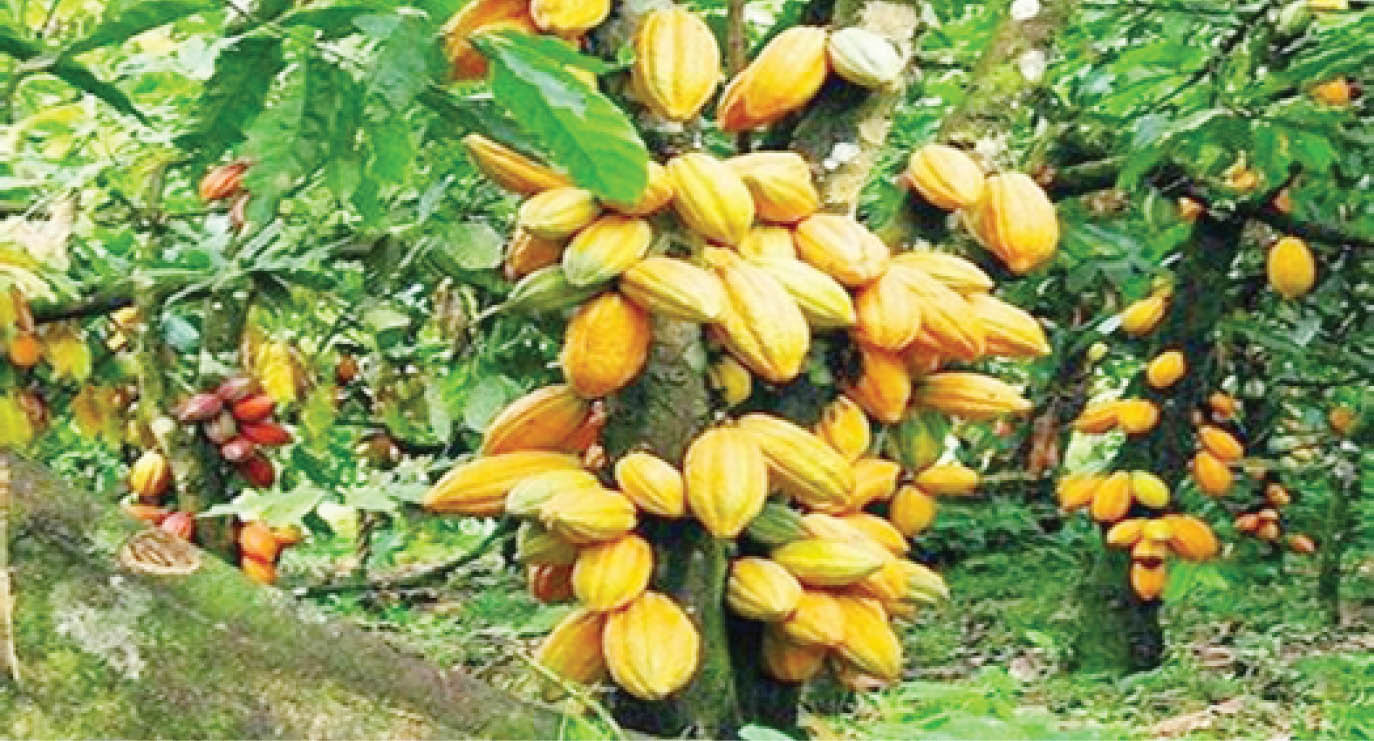Cocoa farmers target 500,000MT, launch agronomy guidelines
As part of effort to boost productivity, the Cocoa Farmers Association of Nigeria (CFAN), on Tuesday, launched its Good Agricultural Practices (GAP) training book for smallholder farmers in the country. CFAN explained that the association was committed to boosting its production capacity from the current 250,000 metric tonnes (MT) to 500,000MT in the next two […]

Experts say farmers need high yielding cocoa seedlings to increase production
As part of effort to boost productivity, the Cocoa Farmers Association of Nigeria (CFAN), on Tuesday, launched its Good Agricultural Practices (GAP) training book for smallholder farmers in the country.
CFAN explained that the association was committed to boosting its production capacity from the current 250,000 metric tonnes (MT) to 500,000MT in the next two years, adding that the book would go a long way in assisting small holder farmers.
The President of CFAN, Adeola Adegoke, who launched the book in Abuja, said it would also help surpass the production and productivity capacity of both Côte d’Ivoire and Ghana in the next five years through sustainable cocoa production.
He said, “You will recall that we raised alarm on the low quality of our cocoa beans and the need for our nation to brace up to change this narrative in order to prevent our cocoa from being rejected now and in future or being sanctioned which could lead to the blockage of other opportunities that could improve the livelihood of our cocoa farmers in Nigeria.
“Against this backdrop, hence the need for our association and other stakeholders to take a position among others to launch this GAP book in collaboration with the Cocoa Research Institute of Nigeria (CRIN) and the Ecosystem-Based Adaptation for Food Security Assembly Nigeria (EBAFOSA) for achieving transparency and the sustainability of our cocoa supply chain taking into cognizance the protection of our environment and our biodiversity sustainably.”
Mr Adegoke further said the association was willing to partner with stakeholders to make the GAP book available free of charge to smallholder cocoa farmers in all the cocoa-producing communities and cocoa-producing states in Nigeria.
